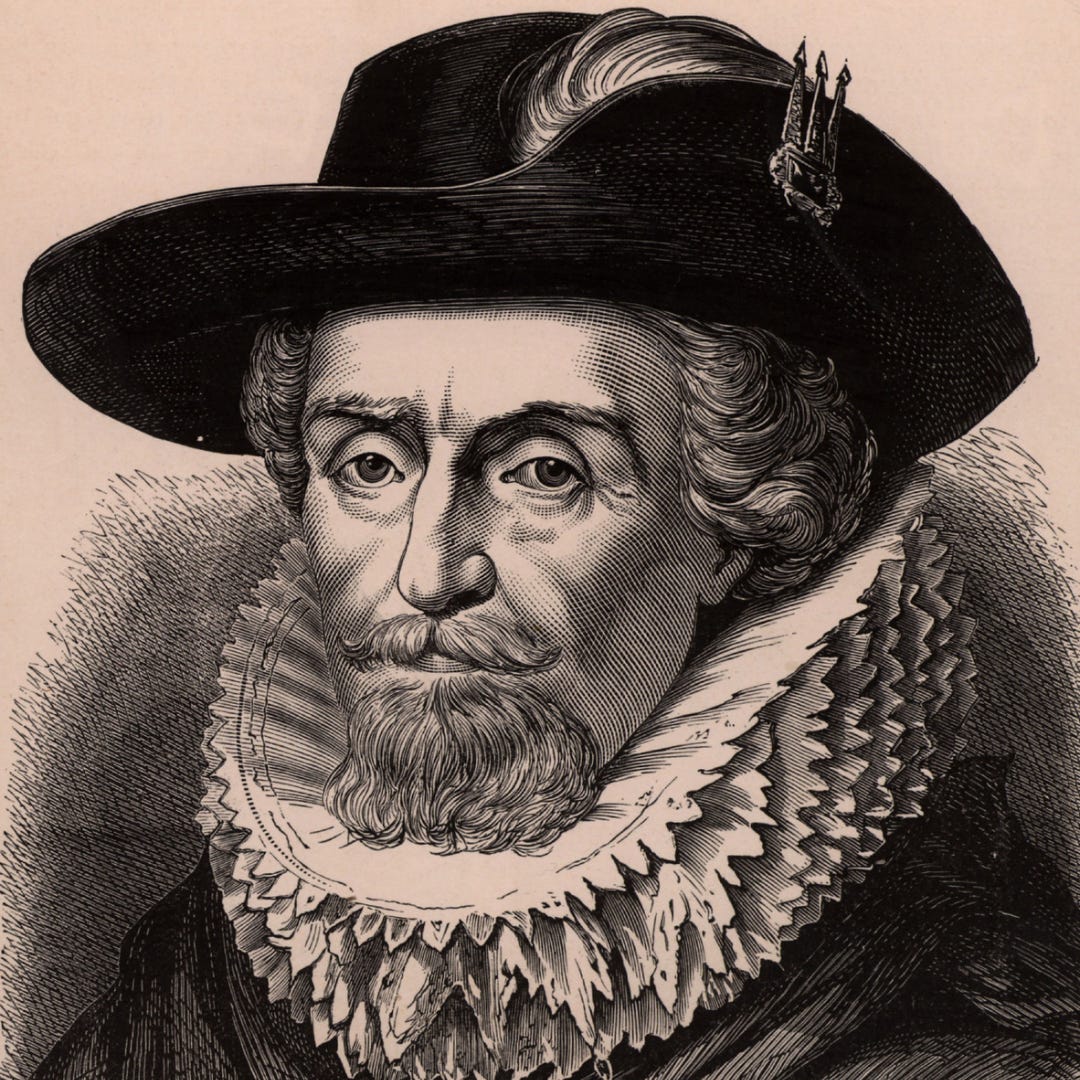"And now abideth faith, hope, charity, these three; but the greatest of these is charity."
1 Corinthians 13:13 KJV
In a world often consumed by self-interest, charity may be our last line of defense in preserving any sense of our shared humanity. This month's writing will make a case for its necessity as a delivery system transporting this vision into the broader societal context. By embracing charity, we can reshape our communities, challenge societal norms, and ultimately pave the way for a more equitable and loving world.
In 1 Corinthians 13, Paul, who one could argue was Christianity's most influential thought leader (second to only Jesus), pens the most widely recognized literature on love. I know what you're wondering. Why is it translated as "charity" in the King James Version?
Side note: If you know me personally, you know I don't fool with "King Jimmy," but I find his translation most helpful in making my case.
Photo Credit: Canva
The choice of "charity" in the KJV aligns with the theological and linguistic context of the 17th century, where the term was synonymous with the Christian virtue of agape (a self-sacrificing, unconditional love that reflects God's heart for humanity).
However, over time, the modern understanding of "charity" shifted more towards the act of giving, while love came to represent a broader range of affectionate feelings. Thus, the biblical translators abandoned the term "charity" as a translation for love.
So, for this writing, what is charity?
In its truest sense, it is more than the act of giving; it is an ethos, a way of life that calls us to see beyond our immediate needs and recognize every individual's inherent worth and dignity.
Some of you might be skeptical, dismissing me as a lofty idealist. I am fully aware of the barriers that often keep us from fully embracing the transformative power of charity. I want to spend the rest of our time highlighting them and proposing a few adjustments we can make to bring this vision of a better world to life.
The first barrier is our culture of entitlement. In a world where many feel inherently deserving of privileges and resources, there is a diminished sense of responsibility towards those considered "less fortunate." To overcome this barrier, we need humility. Humility first helps us acknowledge that our advantages are not solely the result of our efforts. Contrary to popular belief, we did not "pull ourselves up by our own bootstraps." We are beneficiaries of the work and sacrifice of generations before us and, therefore, have a shared responsibility to support and uplift those around us. Put another way, "to whom much is given, much is required."
The second barrier is our culture of excess. We will never be concerned with those who don't have enough when we're constantly pursuing more. This relentless drive for accumulation perpetuates a mindset of scarcity, making us blind to the needs of others and hesitant to share our resources. Here's a question for your reflection: Who told you that what you have isn't enough? The answer is society, which, through various mediums, conditions us to consume. To overcome this barrier, we must live within our limits or (in the words of the Apostle Paul) "learn to be content."
The third barrier is our culture of exclusion. In a world that often demonizes differences and divides people based on race, religion, socio-economic status, and other identifiers, it becomes challenging to see everyone as deserving of our compassion and generosity. "Us versus them" (the mantra of the culture of exclusion) hardens our hearts and narrows our circle of concern. To overcome this barrier and recognize every individual's inherent worth and dignity, we must seek out and form relationships with people different from us.
The KJV translators were on to something with their use of "charity" for love, reminding us of the deep connection between love and action. If we are going to build a better world, we have to do more than feel; we have to do. But in doing so, we can expect resistance from the world's systems that have profited from our cultures of entitlement, excess, and exclusion. These systems are deeply entrenched and are vested in maintaining the status quo. However, we can dismantle these oppressive structures or, in Flannery O'Connor's words, "push back against the age" by consistently choosing generosity, compassion, and inclusivity.
It won't be easy, but our vision for a better world depends on it.
Love In Action: As you reflect on the transformative power of charity and our collective responsibility to uplift those around us, I invite you to support The Sean Dreher Foundation. Our mission is to connect people with the resources they need to change their world so that together, we can change the world. Your support can make a significant impact. You can contribute directly to the foundation or become a paid subscriber to this Substack (special thanks to those who have already done so), where a portion of your subscription will go towards our charitable initiatives. Together, we can build a more equitable and loving world. Thank you for your generosity and support.
—Sean





